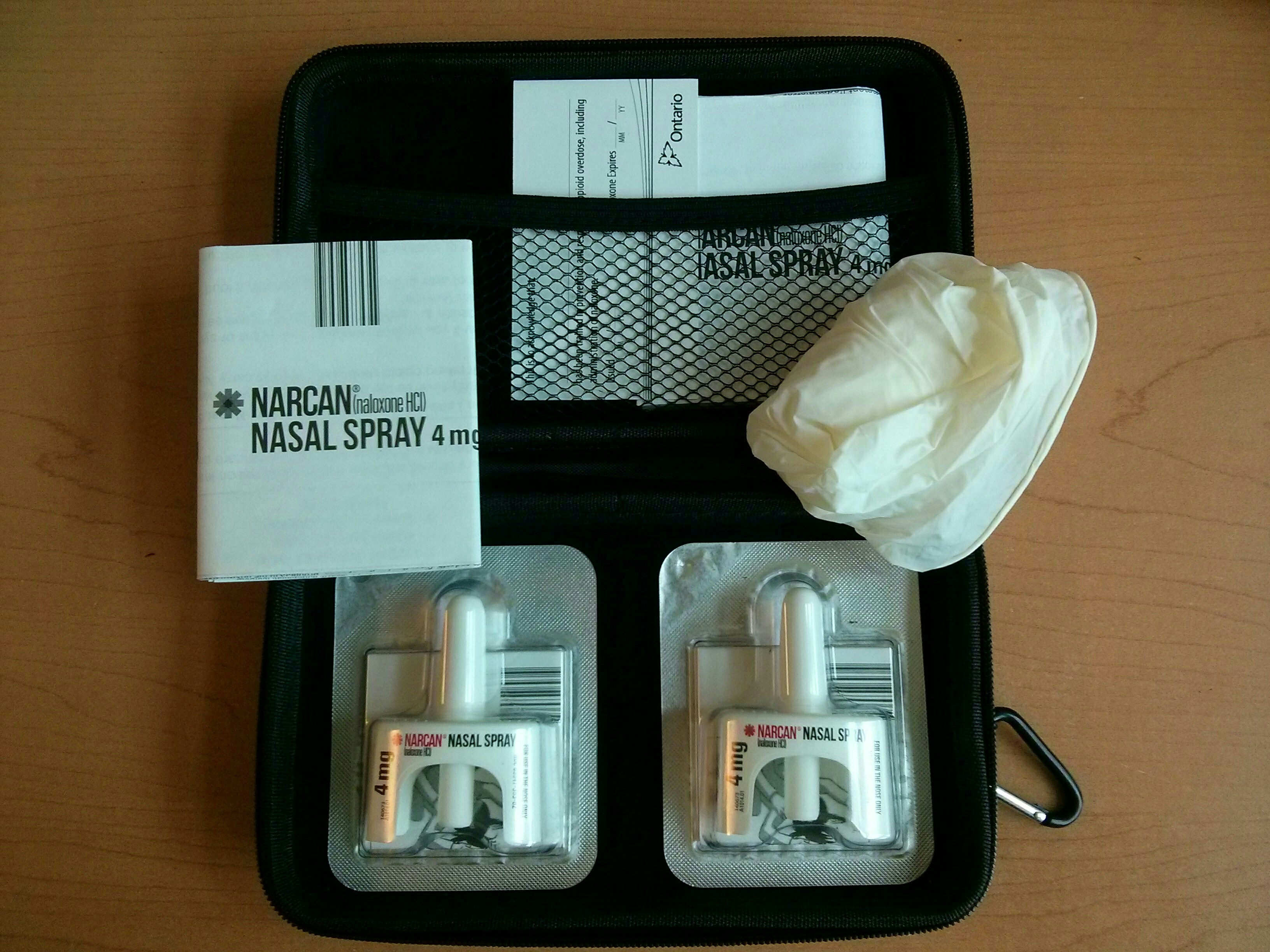Arrivons-nous à la fin du développement de médicaments contre le VHC?
18 août 2017 • Par Sean HoseinAu cours des sept dernières années, nous avons assisté à une mise au point étourdissante de médicaments contre le virus de l’hépatite C (VHC). Chaque nouveau traitement s’est généralement révélé plus efficace que le précédent. Les plus récents traitements approuvés pour le VHC au Canada cette semaine incluent Maviret (fabriquée par AbbVie) et Vosevi (fabriqué par Gilead). Lors des essais cliniques, ces traitements offerts sous forme de comprimé ont donné lieu à des taux élevés de guérison (habituellement supérieurs à 95 pour cent) et ont causé peu d’effets secondaires graves. Même s’il s’écoulera encore six mois ou plus avant que ces...






